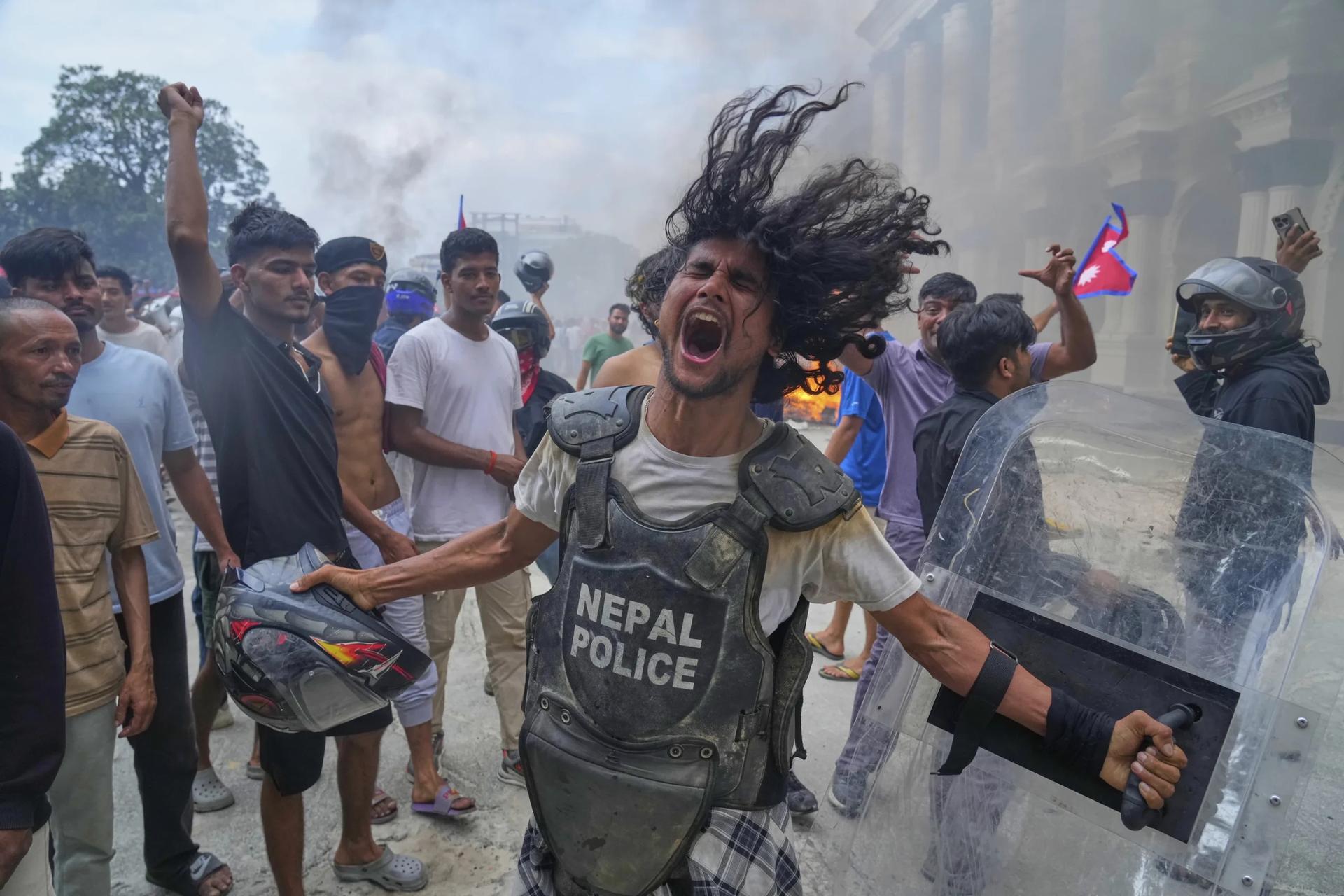MUMBAI, India – On Wednesday, a full curfew was placed in Nepal after anti-corruption protests escalated on Saturday, leading to several deaths and the burning of government offices in the capital Kathmandu.
The unrest in the Asian country just north of India also led to a social media ban, which was later reversed by the government.
At least 22 people died in the protests, with dozens of others being injured, as people complained about government corruption.
Father Silas Bogati Administrator Nepal told Crux the curfew was issued by the army.
“Nepal’s army says it is committed to taking control of the situation, but what happens next – and who will replace Prime Minister Sharma Oli – is still unclear,” he said, referring to the official who resigned on Tuesday. Home Minister Ramesh Lekhak and Agriculture Minister Ramnath Adhikari have also resigned from the government.
Bogati said the protestors have demanded the ending of the existing constitution in Nepal, where the last Hindu monarch was abolished in 2008 for a republic.
When asked if the protestors were looking to bring back the monarchy, the priest that “might be one possibility.”
“It depends on who is moving this movement. A social media ban by the government led to such demonstrations which resulted in the killing of 19 young students. Because of these killings, people became so mad they came out on the streets and thus government has fallen,” he told Crux.
“My concern is that soon peace and stability should return. Show that we can work and live in peace,” Bogati continued.
“Our young people are disillusioned. Leadership in old leaders hands no job opportunities and a high level of scams and corruption,” he added.
Nepal is mainly situated in the Himalaya Mountains and has a population of over 30 million people. It is mostly Hindu, and the Christian population numbers less than 2 percent.
“So far, our Christian Institutions and personnel are safe,” Bogati said.
He said the Christians have remained closed during the protests.
“Our Christian population is very small, so it is difficult to get jobs. Many of them go out or become labourers in the Middle East,” the priest said.
The unemployment rate in the country is nearly 11 percent, according to the World Bank. Millions of Nepalese young people have migrated to Malaysia, the Middle East and South Korea in search of work. However, the children of the country’s ruling elite have caused complaints after posting videos of the rich lifestyle on social media like YouTube and TikTok.
The Nepali army said it is trying to “normalise” Kathmandu after the unrest on Monday and Tuesday.
“We are committed to protect the life and property of people,” army spokesman Raja Ram Basnet told Reuters.
The Catholic Church is also hoping for peace.
“Violence is never a solution to problems, and now we hope there will be peaceful transition, and people can live in peace,” Bogati said.
“I appeal to the Gen Z: Let us restore peace now,” he said, adding the big question for Nepal is who will now take up leadership.
“All political parties and old leaders have been rejected,” the priest told Crux.
“But for the Catholic Church, we want to see the end of violence and arson attacks, and get a peaceful solution to the ongoing problems,” Bogati said.













